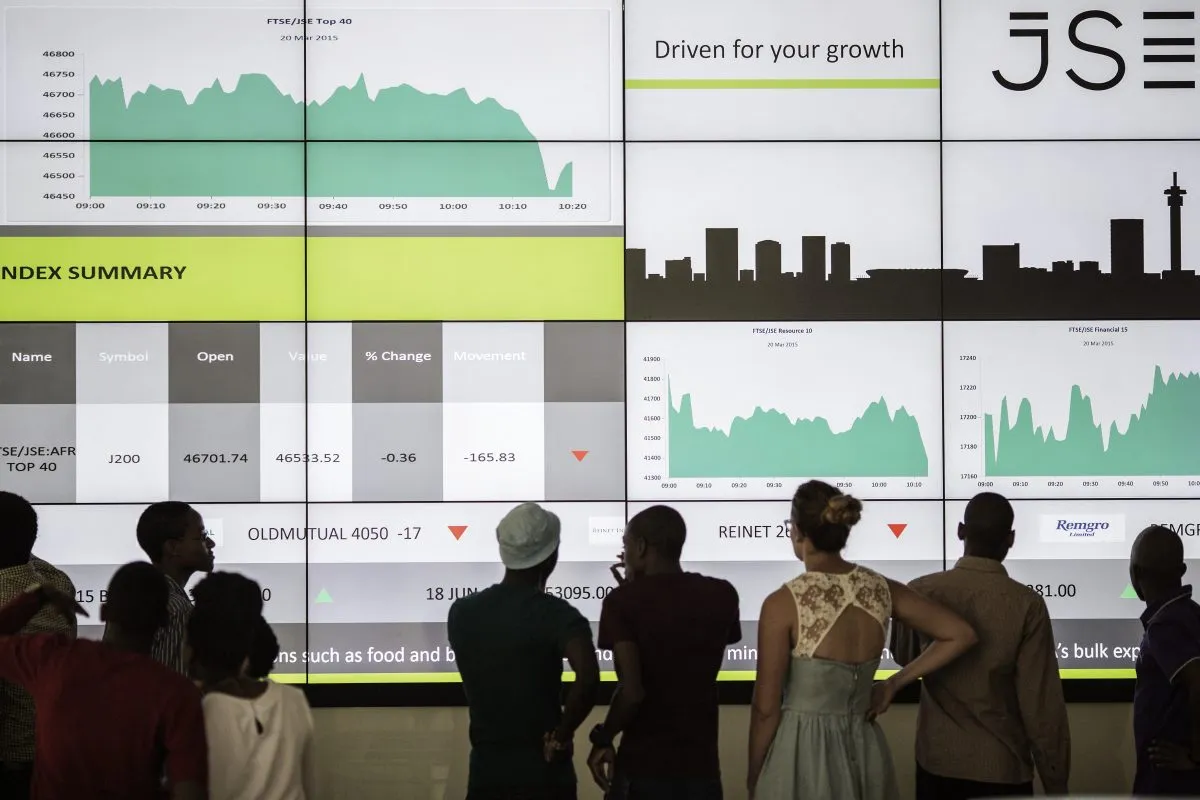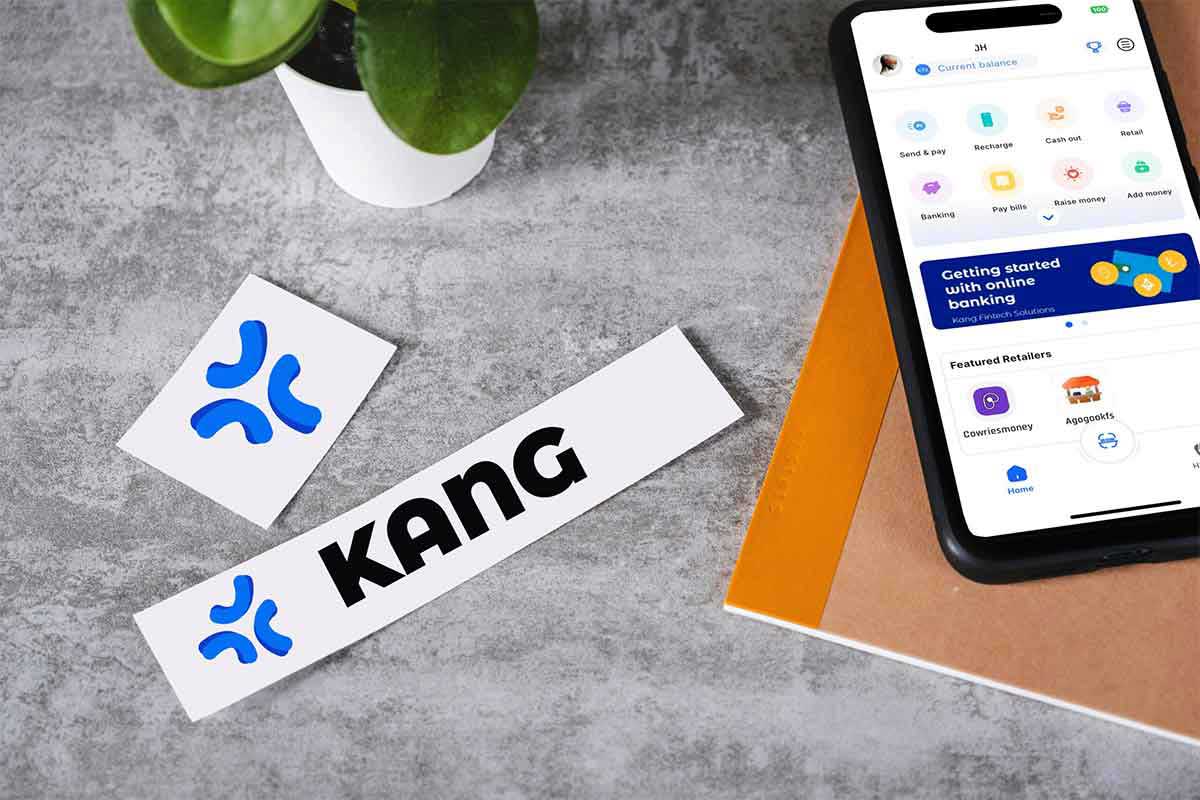Africa’s Response to Fintech: Opportunity, Innovation, and Regulation
Africa is experiencing a digital financial revolution. With limited access to traditional banking infrastructure, the continent has become fertile ground for fintech innovation. From mobile money to blockchain-based remittances, Africa’s response to fintech is shaping a unique financial future driven by necessity, creativity, and digital inclusion.
Mobile Money: Africa’s Fintech Flagship
Africa is home to over 50% of the world’s mobile money services, led by platforms like M-Pesa in Kenya, MTN MoMo, and Airtel Money. These services have enabled millions to send, receive, and save money without a traditional bank account.
-
Unbanked populations have found a bridge to financial services through mobile phones.
-
Fintechs are also powering microloans, bill payments, and merchant services, increasing financial resilience.
Startups and Investment Boom
Africa has seen an explosion of fintech startups in countries like Nigeria, Kenya, South Africa, and Egypt.
Nigeria’s Flutterwave and Paystack, Kenya’s Tala and Chipper Cash, and South Africa’s Yoco are standout innovators.
In 2021 and 2022, fintech attracted over 50% of Africa’s total tech funding, underlining investor confidence.
Government and Regulatory Response
African governments are gradually adapting to fintech’s growth with a mix of supportive policies and cautious oversight.
Regulatory sandboxes in Nigeria, Kenya, and Rwanda allow startups to test products under supervision.
Central banks are exploring digital currencies—notably Nigeria’s eNaira, Africa’s first CBDC (Central Bank Digital Currency).
Regional institutions like AFRICA FINTECH NETWORK and Smart Africa are promoting collaboration and standardization.
Despite progress, challenges remain:
Fragmented regulations
Data privacy concerns
Infrastructure limitations (e.g., internet and electricity)
Challenges and the Way Forward
While fintech is booming, Africa must address:
Digital literacy gaps
Cybersecurity risks
Interoperability between fintech systems and banks
Access to venture capital in less developed markets
Investments in education, broadband infrastructure, and pan-African regulatory frameworks will be essential to sustain growth.
Conclusion
Africa’s response to fintech is one of embracing innovation to solve real-world problems. With mobile-first solutions and a growing youth population, the continent is not only adopting fintech—it is redefining it. The challenge ahead lies in scaling this transformation inclusively, safely, and sustainably.


